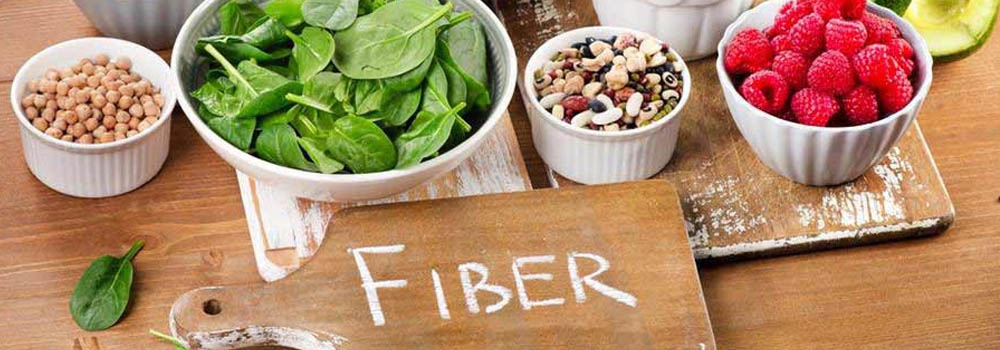Add More Fiber to Your Diet
1 Eat 100% whole grains.
Whole grains are a healthy And fiber-rich food collection that may help you meet your daily fiber needs. Aim for 3-5 servings of 100% whole grains every day.
Whole grains are minimally processed and comprise all 3 parts of the The bran is the Part of the Grain containing the most fiber. Aim to have a supply of whole grains at most or all of your meals.
Cases of whole grain foods include: brown rice, quinoa, oatmeal, millet and corn.
2 Protein is a vital Nutrient to your dietplan.
In addition to animal-based protein resources (such as Chicken, dairy or beef), you will find a variety of protein-rich foods that Can also be fiber-rich foods called beans. These can help you fulfill your Daily fiber goal. Legumes are vegetables that contain a relatively high Amount of fiber. They comprise: lentils, beans and legumes. black-eyed peas.
Legumes are a very healthy addition to your diet. In addition to Being a fantastic source of protein and fiber, they’re also fairly high in Folate, potassium, magnesium and iron.
Animal products do not contain fiber.
3 Eat a fruit or a vegetable at each meal.
Fruits and vegetables can also help you meet your daily fiber goal. Aim to include a fruit or vegetable at each meal and snack.
Top sources of fiber in the fruit group include: raspberries, strawberries, pears, apples and oranges.[8]
Top sources of fiber in the vegetable group include: artichokes, broccoli, brussels sprouts, turnip greens, okra and potatoes with skin.
4 Eat more seeds, seeds, and legumes.
Like nuts, beans are a yummy way to receive additional fiber into your daily diet. Aim to add a serving of nuts a couple of times a week.
Peanuts, pistachios, pecans, sunflower seeds and almonds are Especially great sources of fiber. A 1/4 cup of almonds has 4 g of Fiber within it.
Nuts also give a healthy dose of protein and also omega-3 fats.
5 Take a fiber supplement.
Consuming the recommended 25 Or 38 gram of fiber every day can be a challenge. If you are having difficulty Meeting this target on a regular basis, you might want to consider adding a
There are lots of unique types of fiber supplements available. Generally, they are functional fibers, a type of fiber derived from Plants that is helpful to your health.
Supplements may come in the Shape of powders, oils, capsules or chewable tablets. Furthermore, many processed foods contain fiber.
Note That Lots of health professionals recommend consuming as much Fiber as possible from natural sources (like whole grains or vegetables). Always check with your doctor before adding any type of supplement to your daily diet.
6 Drink 64 oz clear of fluids each day.
Water does not have Any fiber included. But with extra fiber in your daily diet, it is also Very important to consume adequate amounts of fluids daily. Inadequate Water intake when increasing fiber can lead to constipation.
64 ounces of water every day is a general rule That Will Help You consume enough water. However, the Institute of Medicine urges approximately 9-13 cups of Fluids daily.
Fiber operates best when blended with water. It will absorb water and help make your stools soft and portable.
Drink water consistently throughout the day. Keeping a water jar With you at all times to measure how much you have to drink will help.

